


‘Missing law of nature’ explains evolution of everything in the universe
A multi-disciplinary team of scientists and philosophers have unveiled what they term “a missing law of nature.” This concept broadens the scope of evolution, traditionally understood in the context of biological life, to all complex systems in the universe.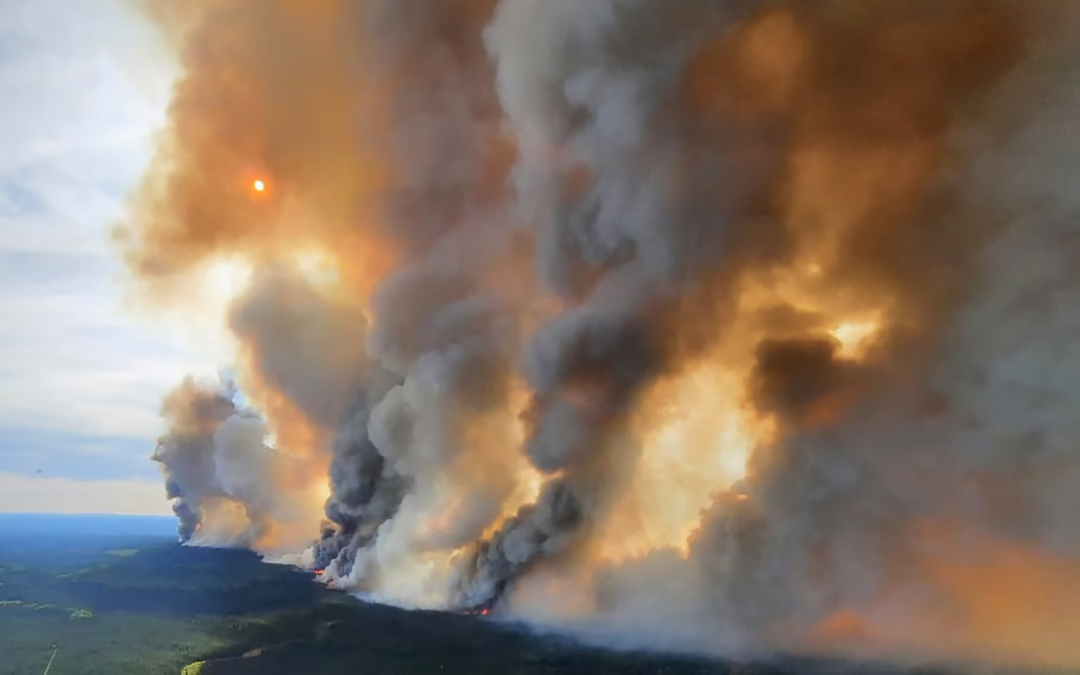
Mapped: how the world is losing its forests to wildfires
Wildfires now destroy twice as much tree cover per year as two decades ago – a crisis fuelled by climate change.
Inside the perennial grain revolution
Scientists in Kansas believe Kernza could cut emissions, restore degraded soils, and reshape the future of agriculture.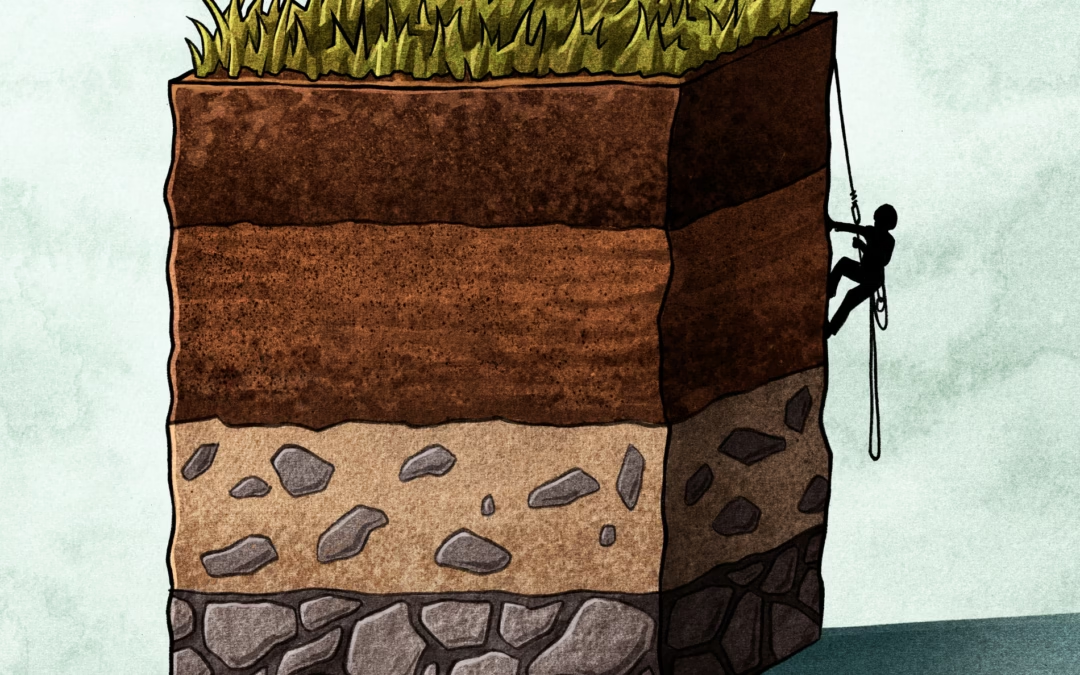
Experts say seismic waves can check soil health and boost yields
‘Soil experts have now convened the Earth Rover programme, which uses seismology – a technology used for measuring down to the Earth’s crust, understanding earthquakes, and detecting hydrocarbons – to assess soil for the first time.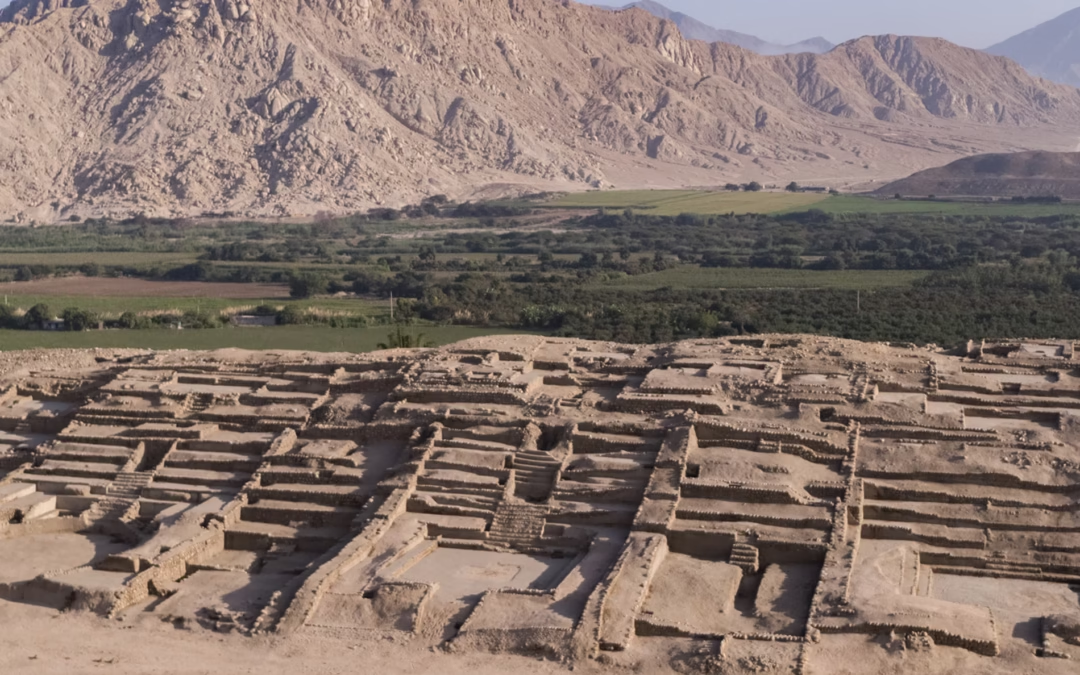
How oldest American civilization survived a climate catastrophe
Archaeologists in Peru have found evidence showing how the oldest known civilization in the Americas adapted and survived a climate catastrophe. About 4,200 years ago severe drought forced the population to leave the ancient city of Caral and resettle nearby.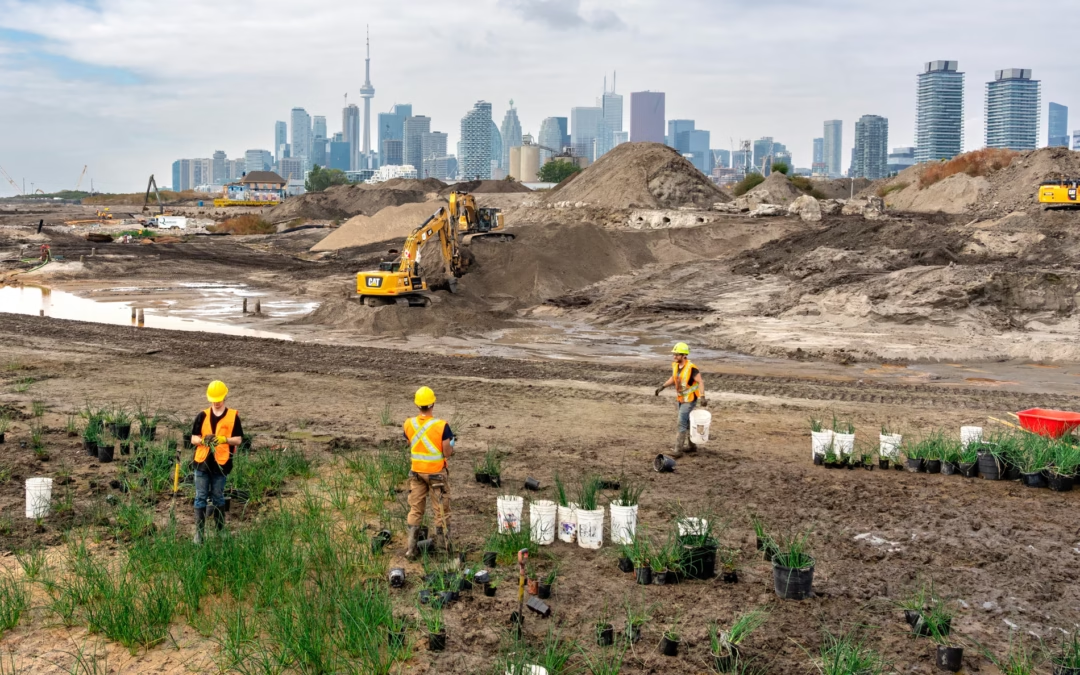
Creatures burst back to life in Toronto waterfront
A project to restore coastal wetland leads to astonishing discoveries of a host of life: seeds and plant scraps, as well as water fleas, worms, larvae, and plankton.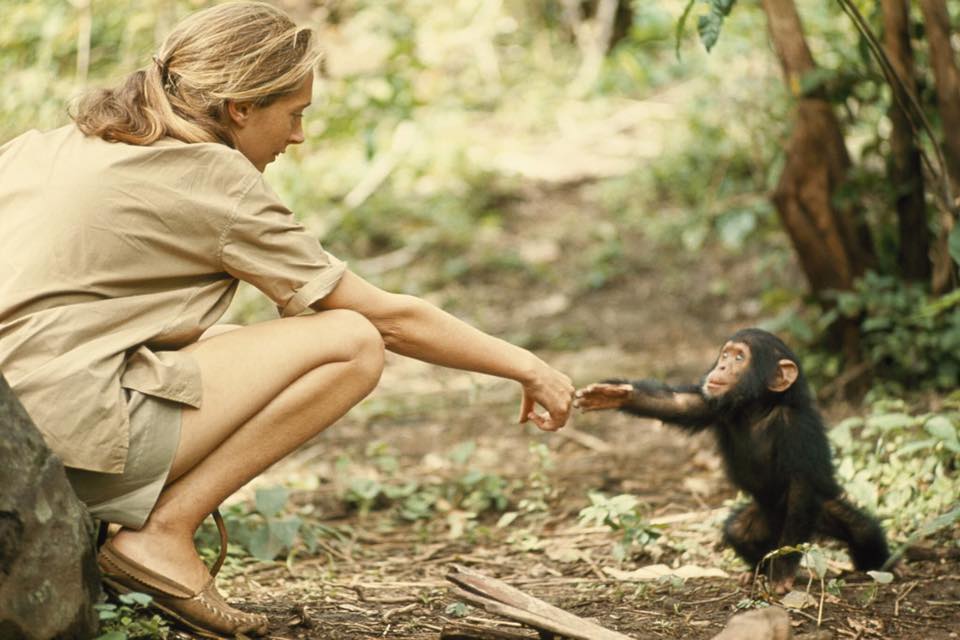
Jane Goodall obituary
Jane Goodall’s pioneering studies of chimpanzees and her environmental activism have had a profound effect around the world.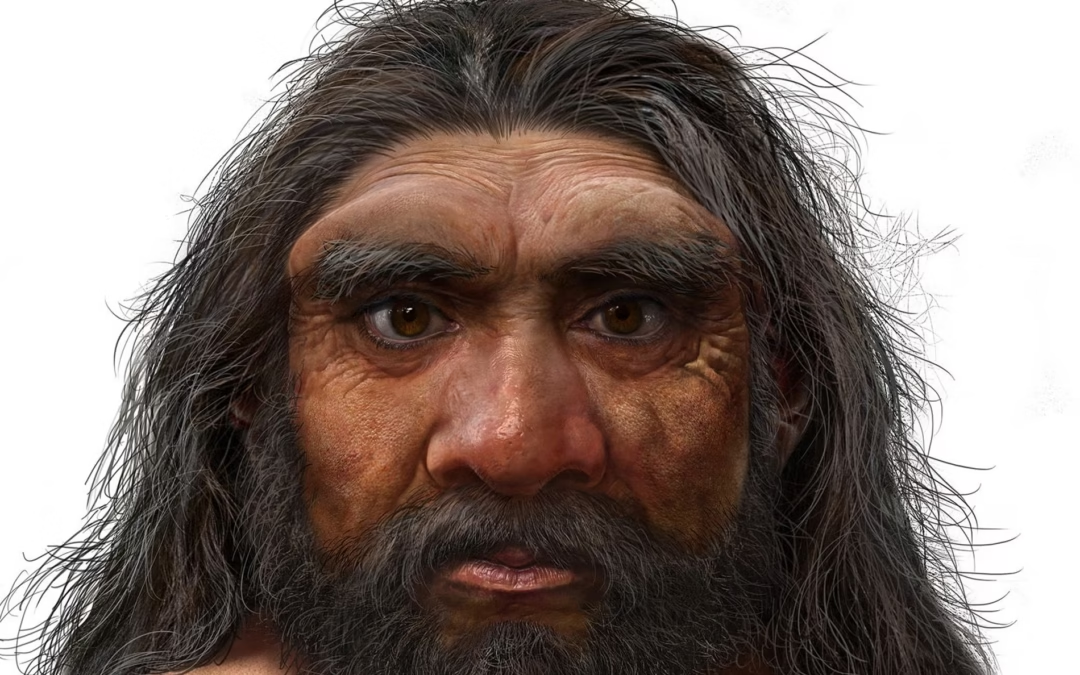
1m-year-old skull points to earlier origins of modern humans
A million-year-old human skull suggests that the origins of modern humans may reach back far deeper in time than previously thought and raises the possibility that Homo sapiens first emerged outside Africa.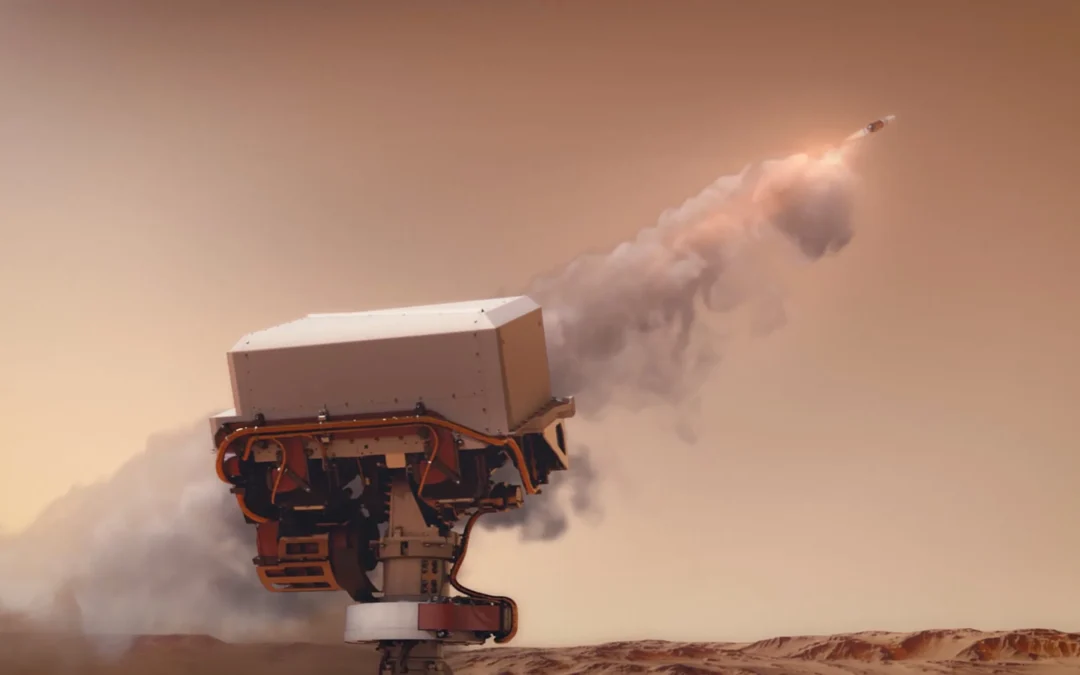
NASA: Perseverance found possible biosignatures in Martian rock
NASA’s Perseverance rover has identified a potential sign of past life on Mars — not a definitive detection, but perhaps the most compelling hint yet. A rock found on Mars last year continues to show signs consistent with past microbial life.
Can AIs suffer?
As first AI-led rights advocacy group is founded, industry is divided on whether models are, or can be, sentient.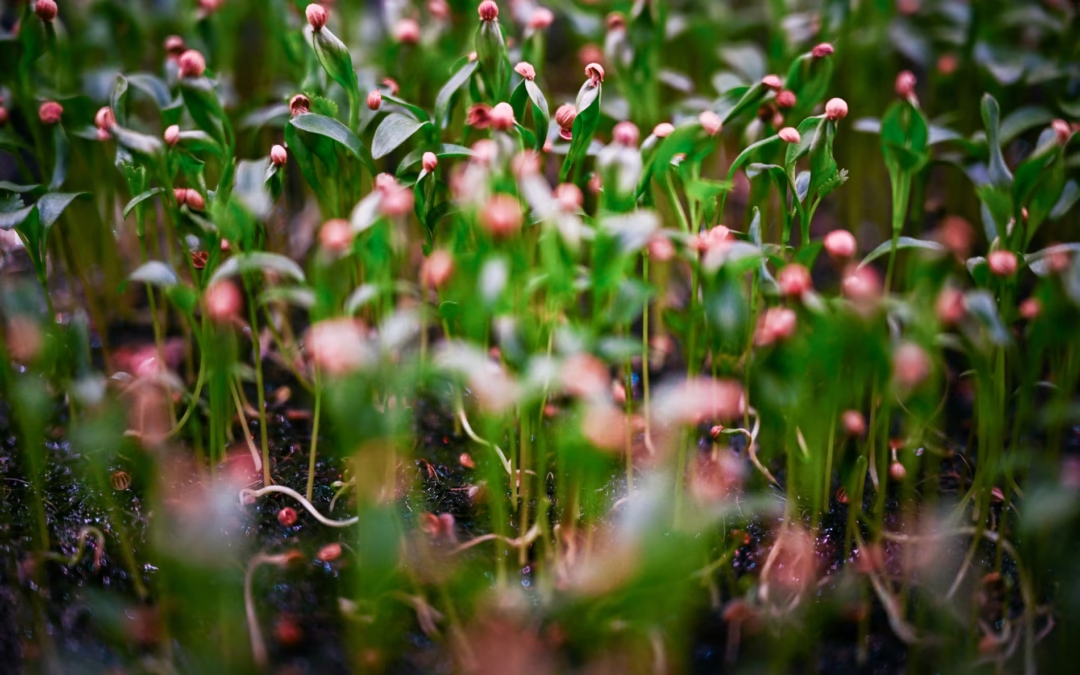
Why our broken food system remains a climate disaster
Michael Grunwald reckons with the challenge of food-based climate emissions in his new book We Are Eating the Earth.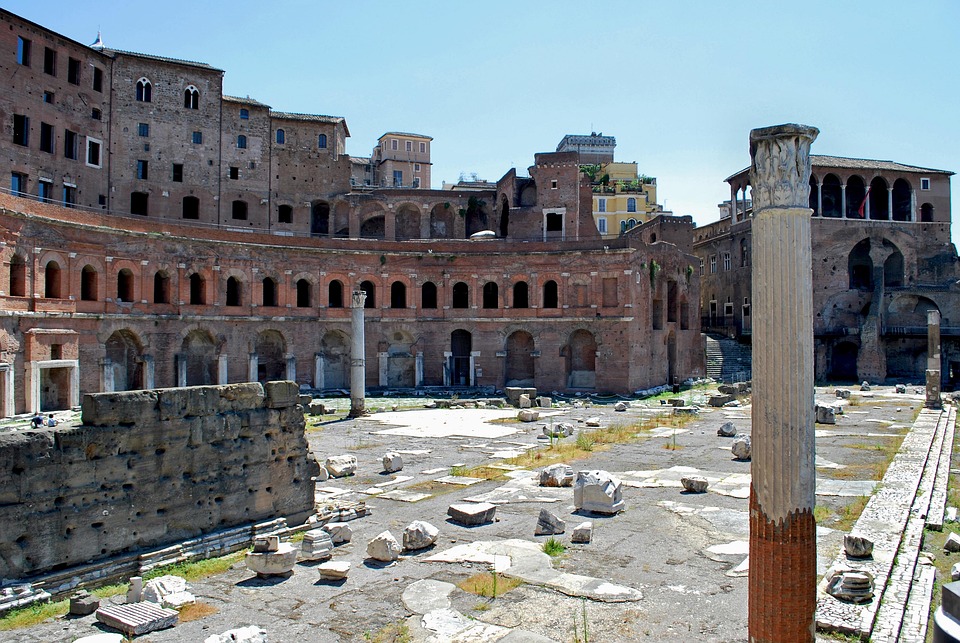
The rewards of ruin
Societal downfalls loom large in history and popular culture but, for the 99 per cent, collapse often had its upsides. A 99-per-cent view of history is a reminder that a world with less domination and fewer rules may not be a bad thing.
The history and future of societal collapse
With his analysis of 5,000 years of civilization, Luke Kemp argues that a global collapse is coming unless inequality is vanquished.
The life of plastic
Microplastics have been found in the placentas of unborn babies, the depths of the Mariana Trench, the summit of Everest, and the organs of Antarctic penguins. Here is the story of how plastic contaminates entire ecosystems – and even the food we eat.
Mars once wetter than thought
Thousands of miles of ancient riverbeds have been discovered in the heavily cratered southern highlands of Mars, suggesting the red planet was once a far wetter world than scientists thought.
The enchanted car park
Once a hangout for sex workers and drug addicts, a parking lot in Medellín, Colombia, has been reborn as a green haven for all. We meet the ‘social urbanists’ credited with reducing crime – and even temperatures.
